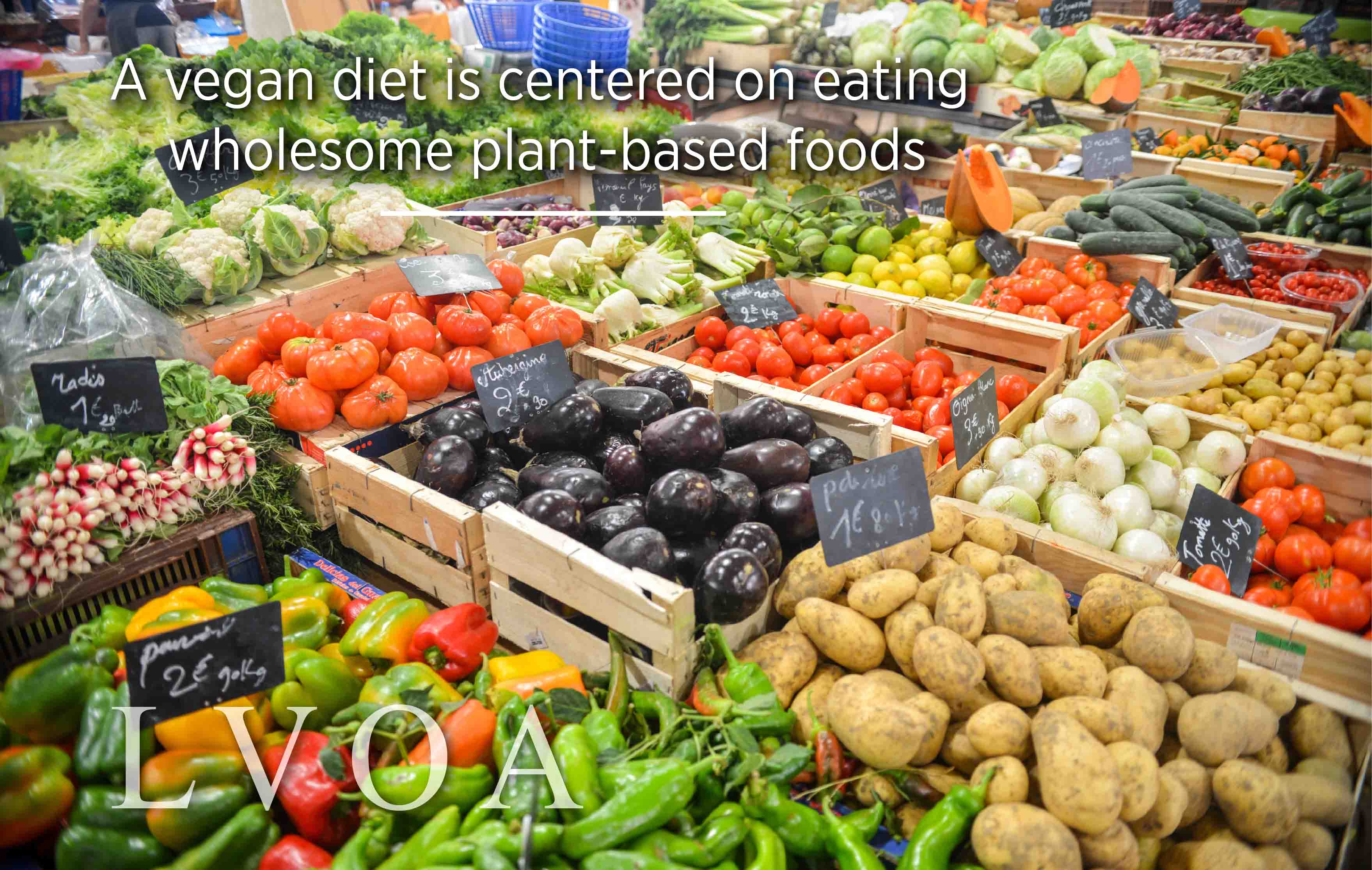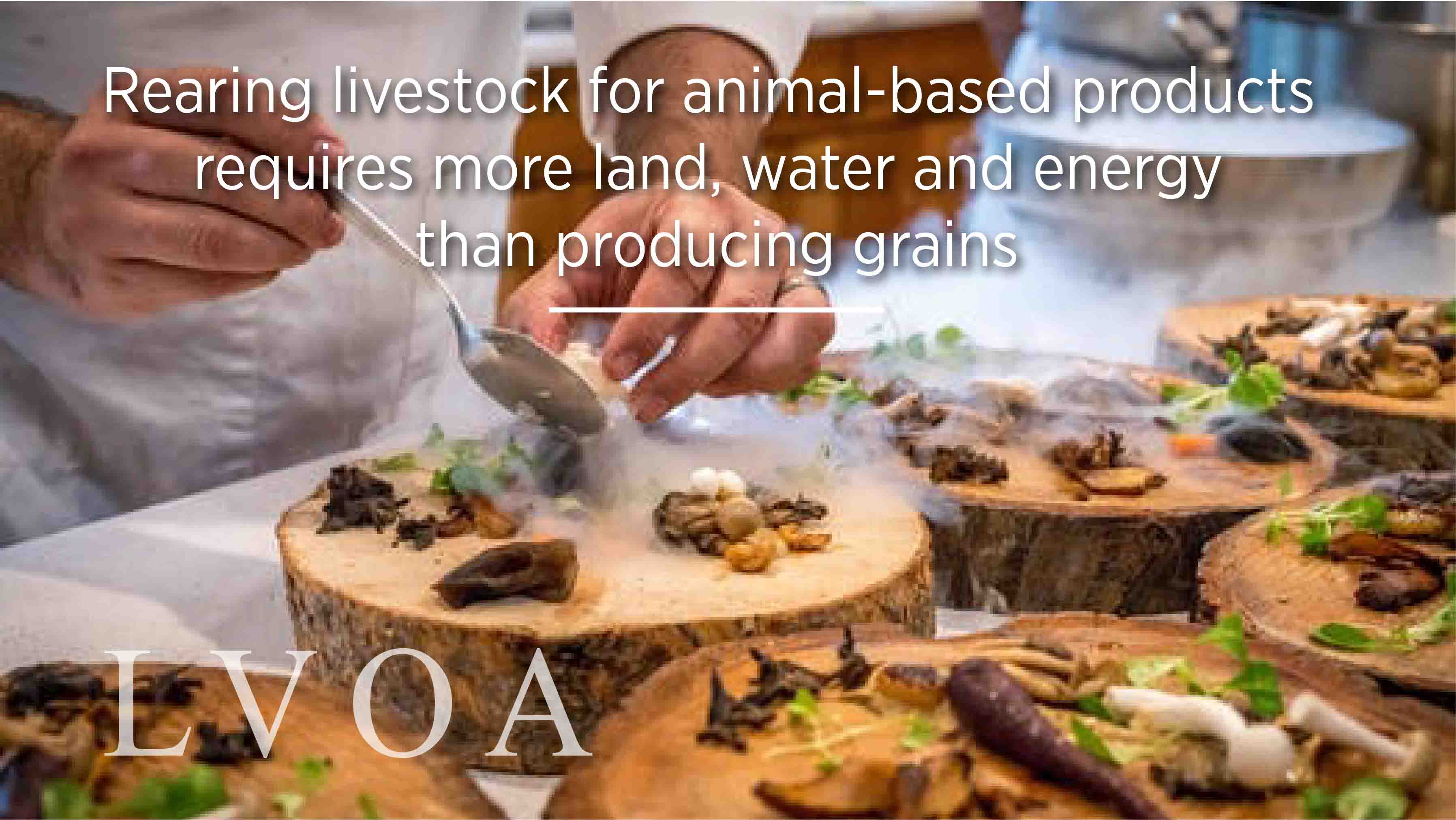The issues surrounding the quality of protein we buy due to the harmones added to the diet of animals, pollution of our seas resulting in fish riddled with toxic chemicals and materials, have led to a rethink what we eat.
People are embracing healthier options and switching to a vegan or vegetarian lifestyle as they monitor the calories they eat while avoiding consumer goods that are laced with additives and preservatives.
Veganism is one of the most effective choices a person can make to reduce the suffering of animals, help the planet and improve personal health. Every time we make the switch from an animal product to a vegan or vegetarian one we are standing up for farmed animals everywhere.
Don’t expect to wake up one morning magically vegan, it takes work and time. Embrace veganism by adding more plant-based foods to your diet while cutting back on animal products, especially those that are non-organic, processed and refined. Making gradual changes and assessing your feelings along the way is the key to long term benefits of a vegan or vegetarian diet.
Going vegan is easier than ever before with veganism becoming increasingly mainstream as more and more people from all walks of life discover the benefits of living this way:
Veganism is here to stay
A vegan diet is centered on eating wholesome, plant-based foods and cutting out animal products like meat, seafood, eggs and dairy products whether it is for ethical, environmental or health related reasons. You won’t have to ditch your favourite places to eat either as restaurant and café managements know the importance of making vegan options available on their menus.
Promotes weight loss
If you are considering making the switch to reach your weight loss goal, a vegan diet is especially beneficial when incorporating more nutritious foods you may otherwise never pick. Filling your plate with fruits, vegetable, legumes and whole grains encourages cutting out processed options which reduces intake of saturated fat, sodium and added sugar.
Boost for the environment
It is also good for the environment as rearing livestock for animal-based products requires more land, water and energy than producing grains. Just as veganism is the sustainable option when it comes to looking after the planet, plant-based living is also a more sustainable way of feeding the human family. A plant-based diet requires only one third of the land to support a meat and dairy diet.
Healthier option

While veganism doesn’t put you on the path to eternal youth, studies show positive results of a plant-based diet in reducing the risk of major diseases, including diabetes and heart disease. You will have to find new protein sources as they are the building blocks of life and break down into amino acids that promote cell growth and repair. The best sources of vegan protein include natural soy, lentils, bean and quinoa- the gluten-free superfood.
Loaded with goodness
Consuming organic fruits and vegetable is beneficial as they are full of essential vitamins and minerals including calcium, potassium, vitamin C and dietary fibre boosting your immune system to fight off illness. The key is eating a variety of natural calcium-rich food such as kale almonds, soya beans and calcium-fortified foods like cereals, plant-based milks and tofu.
Read food labels
If you are serious about veganism as your lifestyle choice checking food labels and verifying ingredients is a must. There are many food products that are not suitable for a vegan or vegetarian diet.
Casein and whey, which come from milk, are present in many cereal bars, breads, and granolas, while gelatin and tallow are derived from meat. Yes you still need to do the background check when buying your vegan products as not all countries have strict laws and controls.
Just as it is important to read labels on products, to see what the contents exactly are, it is also important to purchase organic fruits and vegetables, from reliable sources/countries where there are controls in place for these growers.
With rising global food and water insecurity, there’s never been a better time to adopt a more sustainable way of living. Avoiding animal products is not just one of the simplest ways to reduce the strain on food resources, it is also a way to take a stand against inefficient food systems.
Is it possible to live a healthier life while consuming great food and drink, leave a smaller carbon footprint and avoid killing animals for their meat, absolutely.







